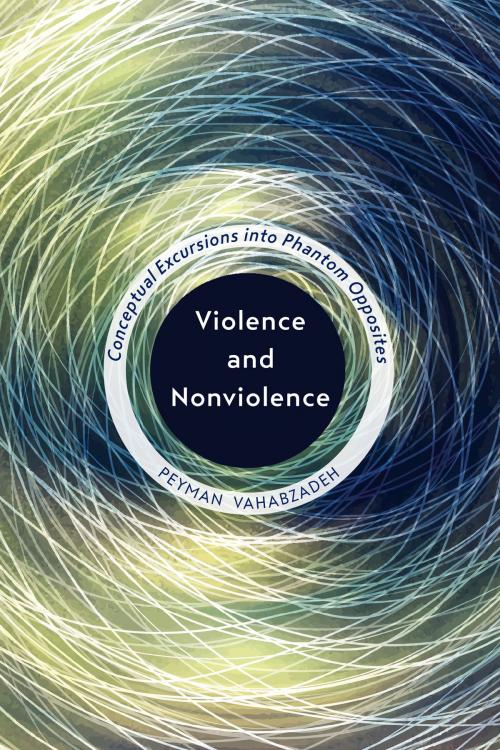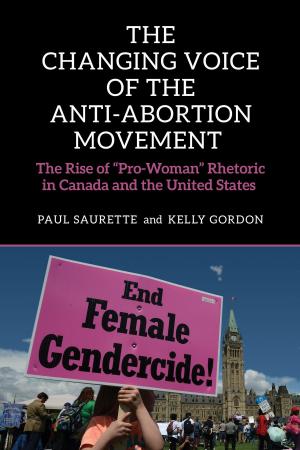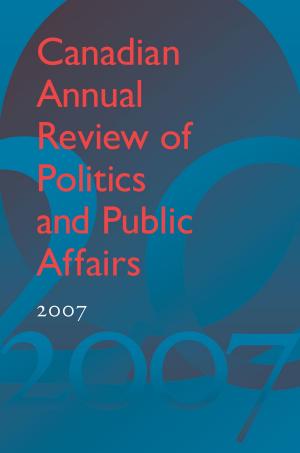Violence and Nonviolence
Conceptual Excursions into Phantom Opposites
Nonfiction, Religion & Spirituality, Philosophy, Ethics & Moral Philosophy, Social & Cultural Studies, Social Science, Sociology| Author: | Peyman Vahabzadeh | ISBN: | 9781487519599 |
| Publisher: | University of Toronto Press, Scholarly Publishing Division | Publication: | February 7, 2019 |
| Imprint: | Language: | English |
| Author: | Peyman Vahabzadeh |
| ISBN: | 9781487519599 |
| Publisher: | University of Toronto Press, Scholarly Publishing Division |
| Publication: | February 7, 2019 |
| Imprint: | |
| Language: | English |
Through an original and close reading of the key literature regarding both revolutionary violence and nonviolence, this book collapses the widely-assumed concepts of violence and nonviolence as mutually exclusive. By revealing that violence and nonviolence are braided concepts arising from human action, Peyman Vahabzadeh submits that in many cases the actions deemed to be either violent or nonviolent might actually produce outcomes that are not essentially different.
Vahabzadeh offers a conceptual phenomenology of the key thinkers and theorists of both revolutionary violence and various approaches to nonviolence. Arguing that violence is inseparable from civilizations, Violence and Nonviolence concludes by making a number of original conceptualizations regarding the relationship between violence and nonviolence, exploring the possibility of a nonviolent future and proposing to understand the relationship between the two concepts as concentric, not opposites.
Through an original and close reading of the key literature regarding both revolutionary violence and nonviolence, this book collapses the widely-assumed concepts of violence and nonviolence as mutually exclusive. By revealing that violence and nonviolence are braided concepts arising from human action, Peyman Vahabzadeh submits that in many cases the actions deemed to be either violent or nonviolent might actually produce outcomes that are not essentially different.
Vahabzadeh offers a conceptual phenomenology of the key thinkers and theorists of both revolutionary violence and various approaches to nonviolence. Arguing that violence is inseparable from civilizations, Violence and Nonviolence concludes by making a number of original conceptualizations regarding the relationship between violence and nonviolence, exploring the possibility of a nonviolent future and proposing to understand the relationship between the two concepts as concentric, not opposites.















